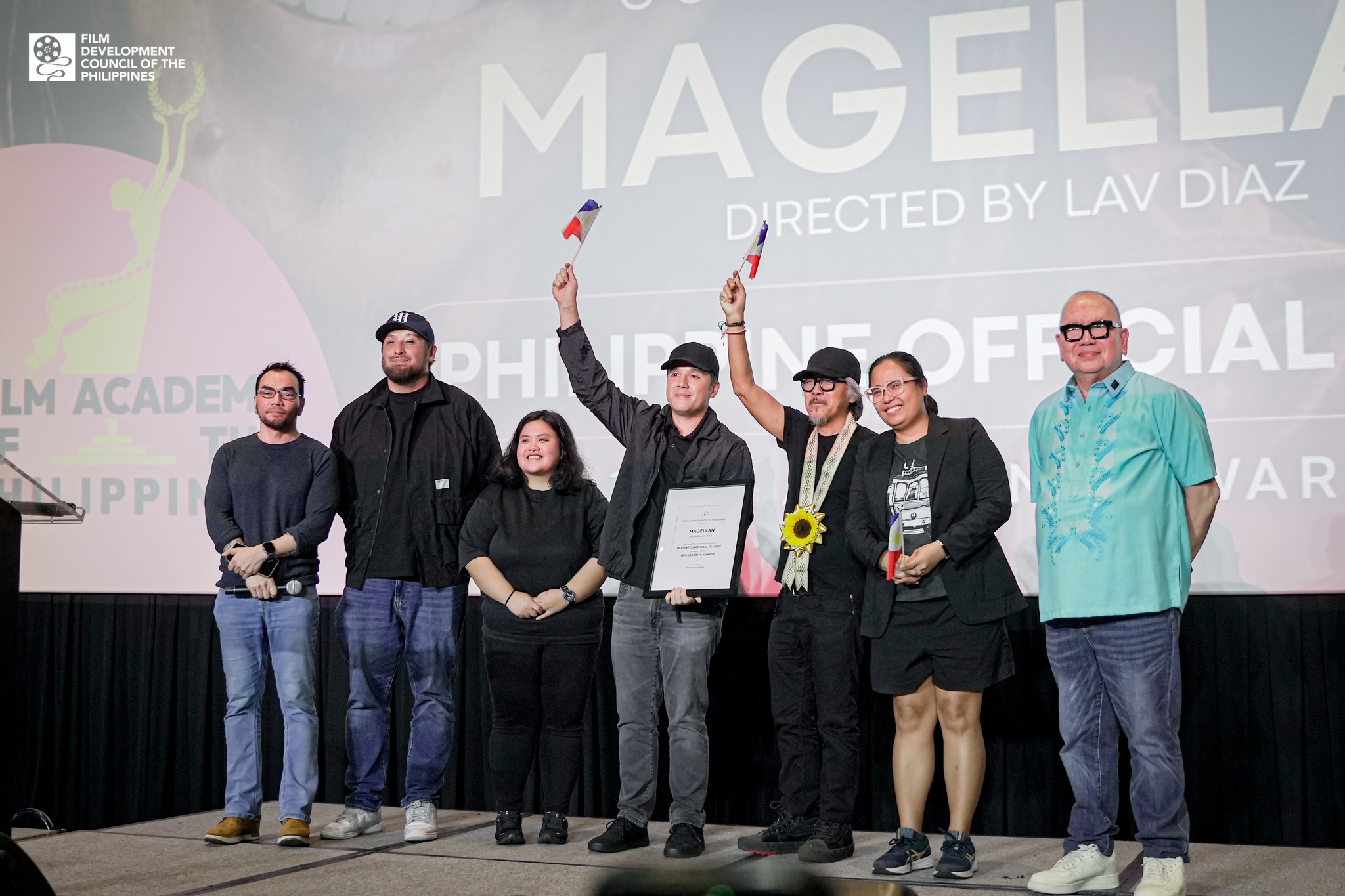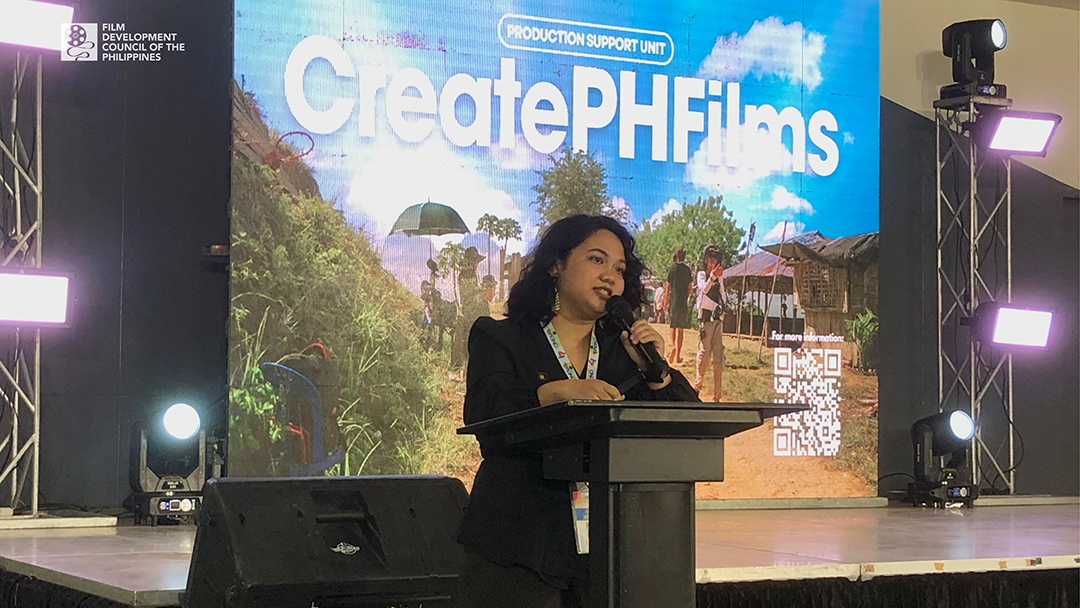Don't give up on Philippine Cinema
With the end of the run of the Metro Manila Film Festival this week in cinemas nationwide, much debate and discussion have been held from all stakeholders — theaters, audiences, and producers alike — about Filipino films and its future, especially in the context of our country that is still battling the pandemic and affecting our whole ecosystem.
First off, I believe that the efforts of the MMFF executive committee, the cinemas, and the producers of the entries this year have been truly commendable. MMFF presented an exclusive platform and space for Filipino films to be experienced by the Filipino audience. Bringing it back in the theaters was a glimmer of hope our industry needs while slowly getting back on our feet. And while the expected turnout will not be able to replicate the mega successes of the previous years pre-pandemic, MMFF has become a good testing ground to assess the current state of our local films being in theaters. After all, theatrical release remains the preferred premier platform of films.
Lessons Learned
The types of discourse that resulted from the recent MMFF are relevant not just to the Festival but also to the local film industry as a whole. These include discussions on the quality of Filipino films, the audience's behavior and preference, and even the relevance of the theatrical platform. These are topics that we will indeed be tackling in fora and consultations throughout the year.
Ang daming opinyon, kanya kanya ng pinanggagalingan, pero kahit saan man nangggaling ang mga opinyong ito, iisa lang naman ang goal natin — to find solutions and understand what can be done to address the challenges.
This pandemic is naturally reshaping this industry towards a specific direction, and I believe that there are already lessons to be learned as we move forward in support of our changing cinema landscape.
- Script development is key. A critical early step in the production of films is development. It builds the foundation and structure of the narrative, execution, and vision of the whole film, and it's a step as important as principal photography, editing, and post-production. Giving the vision and script (the scenes, the characters, the morals, and themes) ample time to reach readiness can truly enrich the quality of the end project.
- Content is king but marketing is queen. As with any product, it's not enough that a film gets made; the target audience has to be made aware of its existence. There has to be enough time to promote it — the earlier, the better, and utilizing traditional and non-traditional modes of marketing and promotion.
- Embrace the new normal of distribution. Admittedly, the way we distribute films has been forcibly changed forever by the pandemic. We must understand that the digital space and online content consumption are here to stay, and it has to co-exist with our traditional distribution models.
- An exclusive space for Filipino films all year round. Festivals like MMFF are good exclusive platforms giving space for Filipino films, but this has to be more than a seasonal consideration, especially in theaters. Audiences have to be conditioned that for every Marvel film in every playdate, there is also a Pinoy film that they can check out and support.
- Strengthening government support. Agencies such as ours in the FDCP have been striving to provide all manners of support to the production of quality Filipino films, including funding and development support. But more could be done in terms of legislation and policies that protect the promotion and distribution of our films locally and internationally. If our goal is to be as successful as South Korea, then we must recognize that its strength lies in its industry's support coming from its government.
This is a call to our producers, theater owners, and stakeholders, and most importantly, our audience. Let's not give up just yet. Our cinema is in transition and it's finding its way to get into the hearts of the very audience it serves — us, the Filipino people. And just like how we are all restarting and testing ways to adapt, sustainable solutions cannot happen overnight. We have to learn from everything that happened and work together to support our own and ensure our industry's survival.
Philippine cinema will never die. Yes, it will go through changes. It will evolve, and I, for one, am excited to evolve with it.
Notes from the Chair
The Sunday Times Magazine - The Manila Times
Notes from the Chair is part of the Arts Awake section of The Sunday Times Magazine published by The Manila Times. Click HERE to view the article on The Manila Times website.





